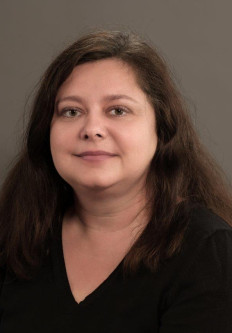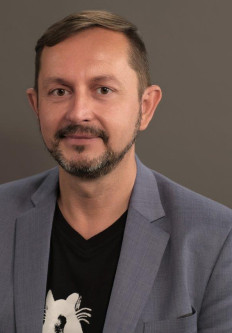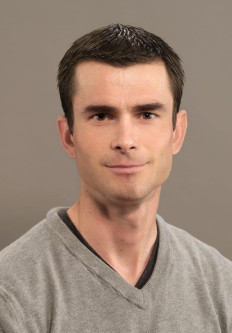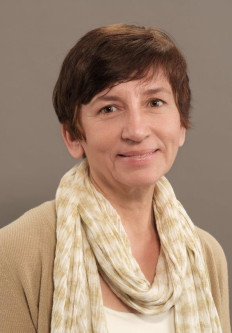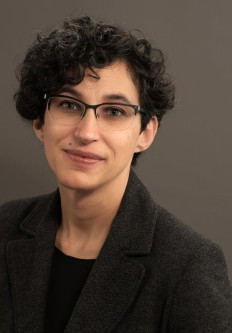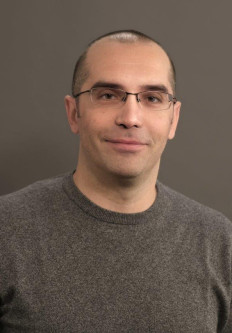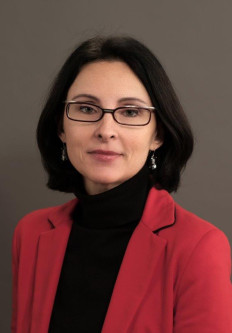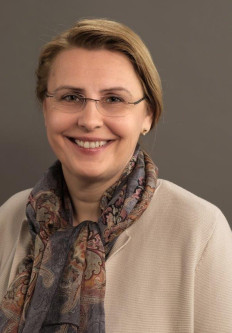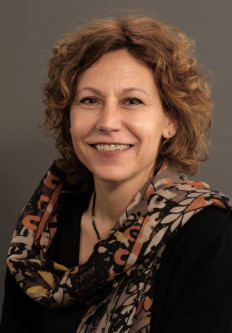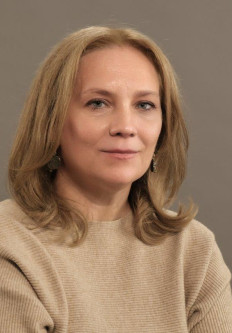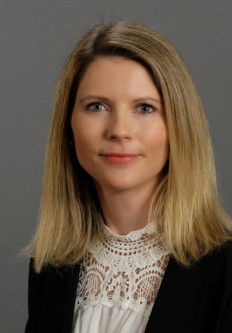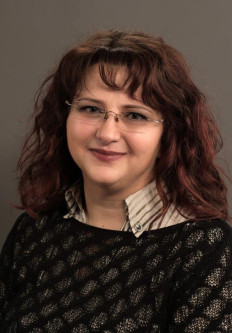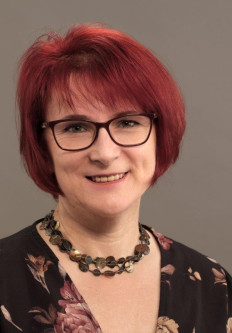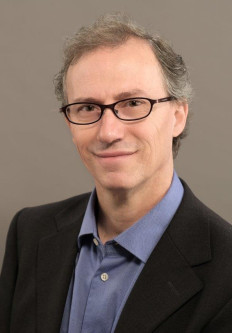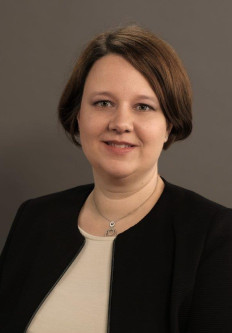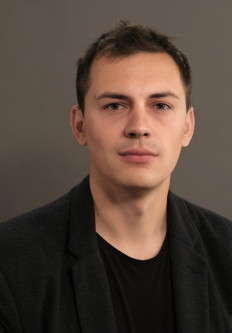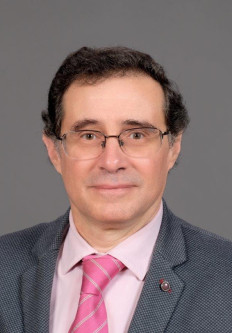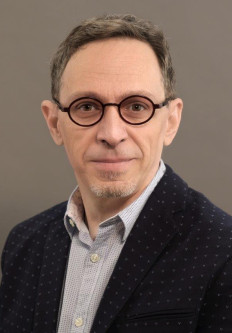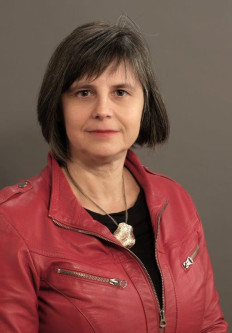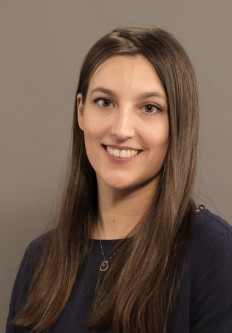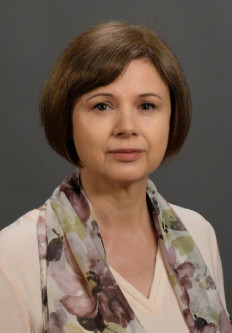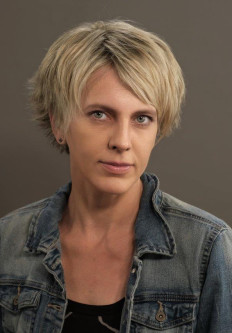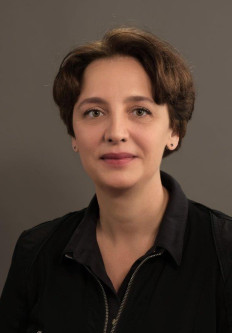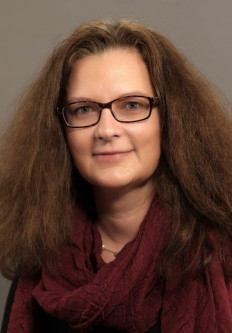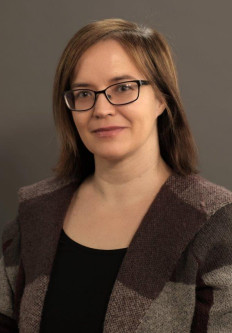
Upon the completion of the programme the graduates will be able to supplement their basic linguistic and cultural competences with translation skills and knowledge in translation studies. Translators will thus be able to prepare written, verbal, or multimedia texts from a written, verbal, or multimedia template that fulfills the defined goal in the target language (Slovene, English and French) or culture. Holders of master’s degrees will have a high level of competence in translating various types of texts from two foreign languages in various areas such as economics, law, the natural sciences, the social sciences, electronic media, computer science, or texts for the arts and social sciences and literary texts. They will acquire the skills to edit and format texts for the needs of public and private institutions at both the national and international levels, will be trained for work with terminology and computer-aided translation, and they will also acquire the competence to edit various types of technical texts in line with the specific conventions of the target language. The master’s program will thus train translators in technical and literary translation, subtitling, localization, computer-aided translation, lexicography, and work with terminology.
The joint master’s degree in translation will train highly qualified translators that will be experts in establishing communication primarily among members of various cultures and languages. Successful completion of the program will enable translators to professionally meet current market demands and enable them to adapt to the future needs of the translation market. At the same time, the program will ensure a high level of competence in translation theory so that those holding a master’s degree will be able to form their own understanding of theoretical principles and assess them, apply them to their work, and identify and solve the problems that they will encounter in their work as professional translators. An academic program designed in this way will educate highly trained holders of master’s degrees and prepare them for further study at the doctoral level.
General competences
According to the Dublin Descriptors the Master’s degree will be awarded to students who
- have demonstrated knowledge and understanding that is founded upon and consolidates that typically associated with Bachelor’s level programmes, and which provides a basis or opportunity for originality in developing and/or applying ideas, often within a research context;
- can apply their knowledge and understanding, and problem solving abilities in new or unfamiliar environments within broader (or multidisciplinary) contexts related to their field of study;
- have the ability to integrate knowledge and handle complexity, and formulate judgements with incomplete or limited information, but which include reflecting on social and ethical responsibilities linked to the application of their knowledge and judgements;
- can communicate their conclusions, and the knowledge and rationale underpinning these, to specialist and non-specialist audiences clearly and unambiguously;
- to use modern information and communication technology;
- to operate independently in the profession and work in teams;
- have the learning skills to allow them to continue to study in a manner that may be largely self-directed or autonomou
Translation-specific competences
The competences proposed follow the document written by a group of expert at the European Commission working on the European Master’s in Translation. Various types of competences are interdependent. Thus, for example, the aptitude for taking reasoned decisions is horizontal; it applies equally to the provision of a translation service and to documentary research etc.
More than a half of the courses in the curriculum (57.5% or 69 ECTS points) are elective with restrictive elective courses covering 57 ECTS points and free elective courses 12 ECTS points. Students can choose from translation seminars focussing on translation of techical and scientific texts, texts for the arts and social sciences, promotional material, legal texts, political texts, literary texts or on subtitling, terminology, lexicology, semantics, contrastive lexicology etc.
- Registration or tuition fees are charged by the respective home universities.
- Students in their mobility phase are regarded as regular students and will be granted normal access to the facilities of the host university.
- Local fees and health insurance provisions may vary per institution.
- Study abroad without a »loss« of a semester at home university
- Automatic recognition of study periods and examinations at the partner university abroad
- Closer contact with the source and target cultures and languages which constitutes the basis for a successful translation career
- A choice of the most interesting and high-quality courses at all three institutions
- Quality assurance with common admission regulations and final defenses of MA theses
- Mutual recognition of academic degrees and qualifications
- International employability of graduates
The Academic Degrees awarded to graduates of this programme are:
Slovenia: Magister/Magistrica prevajanja
France, ISIT: Diplomé en Traduction
France, INALCO: Titulaire d’un Master en Traduction
The obligatory semester abroad is the third semester.
The individual Offices of International Relations at the universities (or their institutional equivalents) support the visiting students by providing them with information on accommodation, the infrastructure, language courses, and visa regulations etc.
The participating universities are not liable for damages caused by (guest) students and cannot be prosecuted for any accidents caused by students. The legal situation of the respective university applies.
Costs arising from participation in the Master’s Program, travel expenses as well as expenses for room and board must be paid by the students themselves. Students can apply for financial aid and grants offered by various mobility programs. The universities strive to achieve reciprocity.
Admission to this Master’s Programme is normally only granted to persons who have completed at least the equivalent of a Bachelor’s or Diploma degree in Interlingual mediation (University of Ljubljana), translation and interpreting, Slovene language and literature, French language and literature, English language and literature and other programmes equipping students with the necessary language skills and cultural competences.
Graduates of other BA or diploma programmes can be admitted if the completed programme is considered to be equivalent by the partner university to which the student applies.
Successful applicants will have an excellent level of language proficiency in their mother tongue and will have attained the C1 level of the European Framework of Reference in the foreign languages they wish to study. If applicants do not have a BA in interlingual mediation (Slovene-English-French, Universtiy of Ljubljana), they will be required to take an entrance test.
Admission is a two-step process:
1. Students who wish to participate in the Master’s Program Translation have to provide the required documents and apply to the respective coordinator of the home university for the selection process by the deadline announced. The coordinator will be responsible for the coordination of the degree and its academic supervision and will serve on the selection committee.
a) The application deadline is the same at all partner universities and will be announced at all participating universities on the same day. The application deadline is on June 30. The decision on whether a student can take part in the Master’s Program is made by the selection committee by July 15th.
b) Required documents for those graduates of Interlinguistic Mediation (University of Ljubljana) who want to register for the Master's Program Translation are:
- Completed application form
- Motivation letter
- Diploma certificate/ degree certificate
- Transcripts or Diploma Supplement
2. Required documents for the graduates of study programs of higher professional education (accredited between 1. 1. 1994 and 11. 6. 2004) and for the graduates of university degrees in any other field (before or after Bologna reform) who want to register for the Master's Program Translation are:
- Completed application form
- Motivation letter
- Diploma certificate/ degree certificate
- Transcripts or Diploma Supplement
- A passing grade in the exam checking the linguistic and cultural competencies in Slovene, French and English
3. Admission is granted according to the regular procedure of the respective university to which the student has applied. The university at which the student registers for the Master's Program is considered to be the home university. If enrolling at the University of Ljubljana, visit the Slovene version of the website and consult:
Office of Master's Studies
Filozofska fakulteta
Aškerčeva 2, 1000 Ljubljana, Slovenia
Tel.: +386-1-2411043
Fax: +386-1-425 93 37
Contact person: Tanja Hribar
tanja.hribar@ff.uni-lj.si
In order to complete the programme students have to:
- assemble 120 ECTS credits
- fulfil all the requirements defined by the curricula and course descriptions;
- pass the end-of-course examination (at the University of Ljubljana: translation to and from English and French with a defense);
- write an MA thesis and defend it before a board of examiners (see below for details).
Assessment may take the form of end-of-term examinations and/or continuous assessment.
The international grading system is used for the assessment of the work submitted by the students.
| Ocena ECTS | INALCO, ISIT | Univerza v Ljubljani |
|---|---|---|
| A | (18-20) excellent | (10) odlično |
| B | (16-18) très bien | (9) prav dobro |
| C | (14-16) bien | (8) prav dobro |
| D | (12-14) satisfaisant | (7) dobro |
| E | (10-12) passable, suffisant | (6) zadostno |
| F | (0-10) insuffisant, échec | (1-5) nezadostno |
Graduates typically work for international institutions and organisations and multinational companies in the following areas:
- Law and administration
- Business and industry
- Cultural and knowledge management
- Media and literature
The Joint Masters Degree Programme also provides students with the knowledge of theoretical concepts and paradigms as well as research skills and methods to allow them to study for a PhD.
To complete the master's programme in translation, students must complete all obligations defined by the programme requirements and the syllabuses for subjects required for their chosen language combination totalling 120 CR. Students must prepare and defend a master’s dissertation as part of a master’s seminar and take a master’s-level exam as defined by the programme requirements.
Graduates typically work for international institutions and organisations and multinational companies in the following areas:
- Law and administration
- Business and industry
- Cultural and knowledge management
- Media and literature
The Joint Masters Degree Programme also provides students with the knowledge of theoretical concepts and paradigms as well as research skills and methods to allow them to study for a PhD.
Nike K. Pokorn (coordinator)
Mojca Schlamberger Brezar (deputy)
Tel: +386 (0)1 241 1500
Fax: +386 1 241 1501
nike.pokorn@ff.uni-lj.si
mojca.brezar@ff.uni-lj.si
Enrolment information
University of Ljubljana
Faculty of Arts
Referat za magistrski študij (druga stopnja)
Aškerčeva 2, 1000 Ljubljana, Slovenia
Tel.: +386 (0)1 241 1043
Fax: +386 (0)1 425 9337
Kontaktna oseba: Tanja Hribar
tanja.hribar@ff.uni-lj.si
Institutions
University of Ljubljana
Faculty of Arts
Department of Translation Studies
ISIT - Institut supérieur d’Interprétation et de Traduction
Nathalie Gormezano
Tel: +33 (0)1 42 22 33 16
Fax: +33 (0)1 45 44 17 67
n.gormezano@isit-paris.fr
INALCO - Institut national des langues et civilisations orientales
Thomas Szende
Tel.: +33 (0)1 44 74 06 00
thomas.szende@inalco.fr

